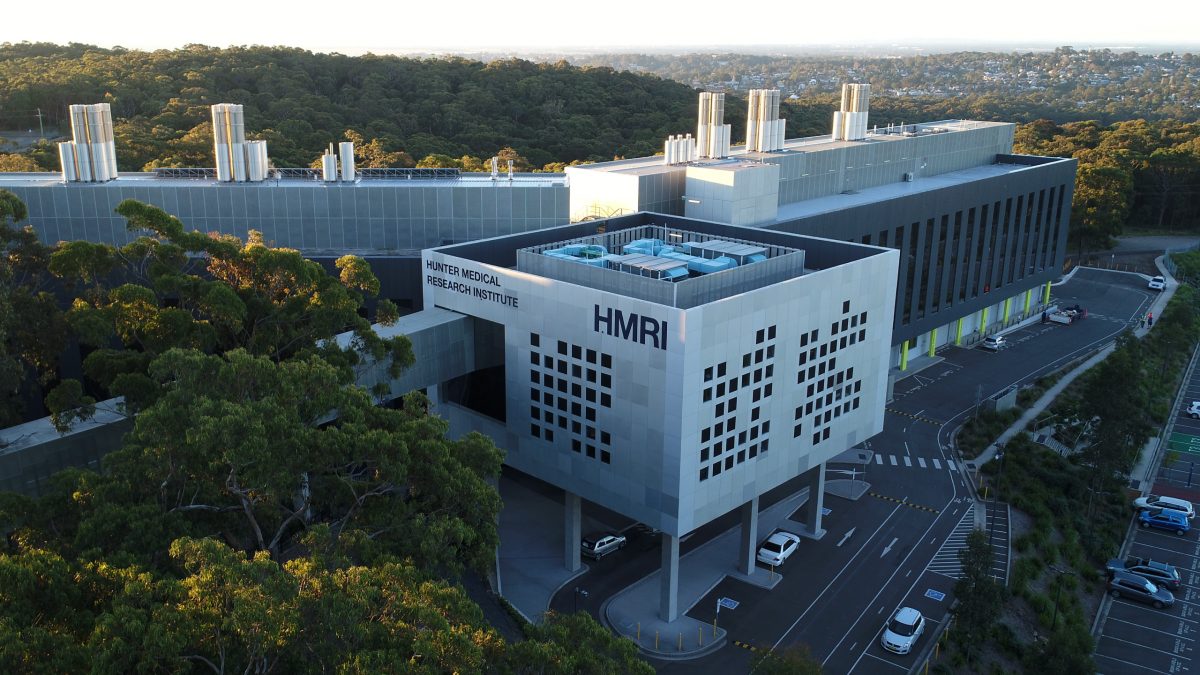Hunter Medical Research Institute

In 1998, HMRI had a bold vision to improve community well-being in the Hunter Region, and since then has evolved into a world-class medical institute with 1,500 medical researchers, students, and support staff striving to prevent, treat and defeat a multitude of serious illnesses.
However, as a registered charity and a partnership between the University of Newcastle and Hunter New England Local Health District, HMRI researchers rely on philanthropic donations from the community to support their operations.
Continuing a long-standing partnership with HMRI, which has included support for research into asthma, physical activity and the innovative Daughters and Dads Active and Empowered programme, Port Waratah has invested more than $300,000 over four years to help fund an exciting clinical informatics project.
Now in its second year, the project will help researchers and clinicians to efficiently unlock and interpret the wealth of existing health system data to help prevent and fight disease and improve patient outcomes. One of the project’s priorities will be linking data across disparate and unconnected data bases and finding patterns in clinical data sets. The use of big data, in the form of “clinical informatics”, is rapidly growing across Australia and the world.
HMRI Clinical Informatician, Peter Mastello said, “The health system is data rich and information poor. Extracting reliable health data benefits both patients and the community by supporting a broad range of clinical research that accelerates translational research to improve health care, health systems, and patient outcomes.”
“By making aggregated and anonymous patient data more available, researchers and clinicians can identify new clusters of disease and answer important questions to improve the health of our communities, identify research priorities and save time and money.”
So far, the partnership has supported 27 projects involving Hunter New England Health district data, and 18 HMRI researchers. There have already been a range of practical improvements, such as improved governance processes for the efficient extraction and transfer of patient health information, and a new dashboard for managing the surgical theatre waitlist to reduce patient wait times.
The project has also uncovered a number of potentially promising longer-term benefits that are underway such as improving the health outcomes for patients undergoing colorectal cancer surgery, through to a rollout of a machine learning-capable data infrastructure to accelerate future patient treatment insights.
HMRI interim director, Professor Mike Calford, said, “The investment by Port Waratah is a significant boost to research infrastructure. Clinical informatics has the potential to encourage private sector investment in research, such as pharmaceutical companies investing in drug trials in the Hunter. Our partnerships with the business community are vital in gaining other funding to offer hope and find answers that save lives.”